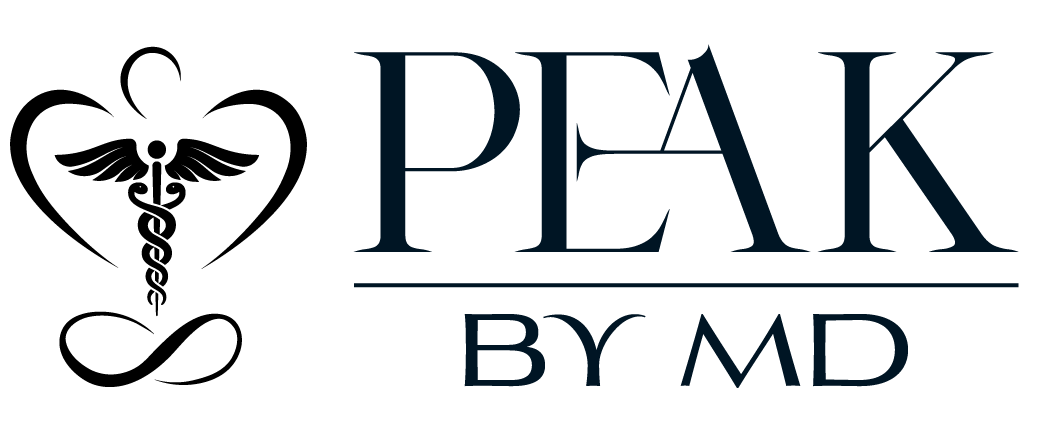Embarking on a fat loss journey is a commendable decision that often involves a combination of dietary changes and increased physical activity. While many aspects contribute to a successful weight loss strategy, one element stands out as a crucial player: protein intake. In this blog post, we will delve into the significance of protein in the context of fat loss, exploring how it supports your goals and enhances overall well-being.
The Role of Protein in Fat Loss
- Metabolic Boost: Protein has a higher thermic effect compared to fats and carbohydrates, meaning that the body expends more energy to digest and process protein. This increased metabolic rate can contribute to a greater calorie burn, supporting fat loss efforts.
- Muscle Preservation: When you’re in a calorie deficit to lose fat, there’s a risk of losing not just fat but also muscle mass. Protein plays a crucial role in preserving lean muscle tissue, ensuring that the weight you lose comes primarily from fat stores rather than valuable muscle.
- Satiety and Appetite Control: Consuming an adequate amount of protein can help you feel fuller for longer periods. This satiety effect can be particularly beneficial when trying to reduce overall calorie intake, making it easier to stick to a calorie deficit and resist unhealthy snacks.
- Energy Expenditure during Exercise: Protein supports physical activity by providing the amino acids necessary for muscle repair and growth. This is essential for individuals engaged in regular exercise, as maintaining or increasing muscle mass contributes to a higher overall energy expenditure.
- Enhanced Fat Oxidation: Studies suggest that higher protein intake may enhance fat oxidation, the process by which the body breaks down and utilizes fat for energy. This can potentially lead to increased fat loss over time.
How Much Protein Do You Need?
The optimal protein intake varies from person to person based on factors such as age, weight, activity level, and overall health. As a general guideline, aim for approximately 1.6 to 2.2 grams of protein per kilogram of body weight. However, individual needs may differ, and consulting with a healthcare professional or a registered dietitian can provide personalized guidance.
Incorporating Protein into Your Diet
- Lean Protein Sources: Choose lean protein sources such as poultry, fish, lean cuts of meat, tofu, legumes, and low-fat dairy products. These options are rich in protein without excessive amounts of saturated fats.
- Distribute Protein Intake Throughout the Day: Instead of consuming most of your protein in one meal, distribute it throughout the day. This approach ensures a steady supply of amino acids for muscle maintenance and growth.
- Supplementation if Necessary: While it’s preferable to obtain nutrients from whole foods, protein supplements can be a convenient option to meet your protein requirements, especially for those with busy lifestyles.
Conclusion
Protein isn’t just a building block for muscles; it’s a key ally in the journey toward fat loss. By incorporating an adequate amount of protein into your diet, you can enjoy the benefits of a boosted metabolism, preserved muscle mass, and improved satiety—all of which contribute to a more effective and sustainable approach to weight loss. Remember, everybody is unique, so finding the right balance of macronutrients, including protein, is a personalized journey that pays off in achieving your fat loss goals.
